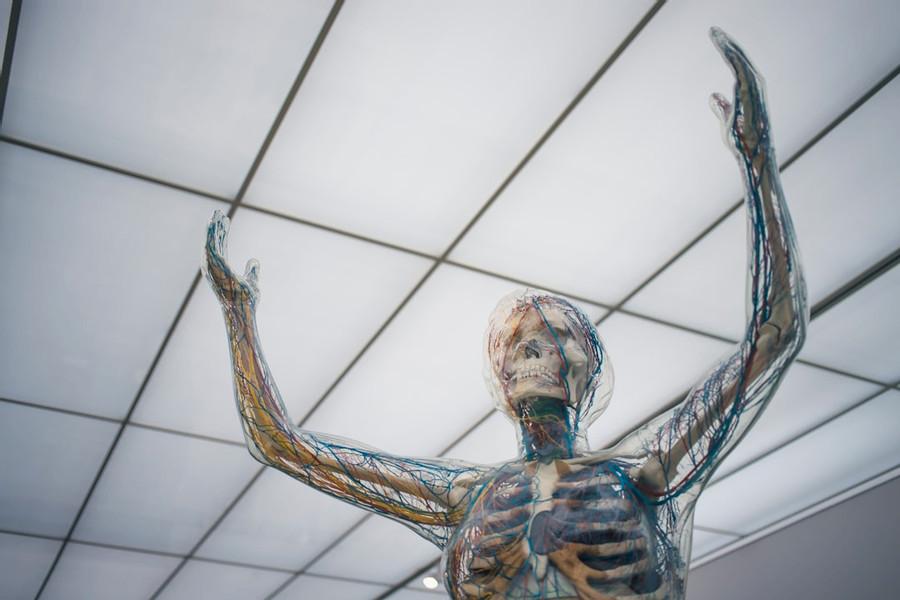The Role of the Autonomic Nervous System
The autonomic nervous system (ANS) is responsible for regulating many bodily functions, including heart rate, breathing, and digestion. It has two main branches: the sympathetic nervous system (SNS) and the parasympathetic nervous system (PNS). The SNS is responsible for the "fight or flight" response, which is triggered when we're under stress or danger. The PNS, on the other hand, is responsible for the "rest and digest" response, which is triggered when we're relaxed.
Regarding unprocessed emotions, our ANS can become imbalanced, with the SNS being overactive and the PNS being underactive.
47
588 reads
CURATED FROM
IDEAS CURATED BY
🔹Wellness 🔹Empowerment 🔹Life Coaching 🔹Learning 🔹Networking 🔹Counseling 🔹Evolution 🔹Transformation
Our emotions are not just limited to our minds; they have a profound impact on our physical health as well. Research has shown that unprocessed emotions can cause various physical symptoms, including chronic pain, fatigue, and gastrointestinal issues. In this article, we'll explore how unprocessed emotions are vented on our bodies and what we can do to release them.
“
Similar ideas to The Role of the Autonomic Nervous System
Panic And The Autonomic Nervous System (ANS)
The Autonomic Nervous System (ANS) region of the brain is activated during a panic attack, and two opposing components get to work as needed:
- The Sympathetic Nervous System: Releases adrenaline and other hormones to help with the ‘fight or flight’ re...
The Autonomic Nervous System
The autonomic system controls aspects of the body that are usually not under voluntary control. The autonomic system is divided into two branches:
- Parasympathetic system: It helps maintain normal body functions and conserve physical resources. Once a threat is over, ...
The main role of the PNS
The PNS's primary role is to connect the CNS to the organs, limbs, and skin. The peripheral nervous system is divided into two parts:
- The somatic nervous system. It is responsible for carrying sensory and motor information to and from the CNS.
- The a...
Read & Learn
20x Faster
without
deepstash
with
deepstash
with
deepstash
Personalized microlearning
—
100+ Learning Journeys
—
Access to 200,000+ ideas
—
Access to the mobile app
—
Unlimited idea saving
—
—
Unlimited history
—
—
Unlimited listening to ideas
—
—
Downloading & offline access
—
—
Supercharge your mind with one idea per day
Enter your email and spend 1 minute every day to learn something new.
I agree to receive email updates
